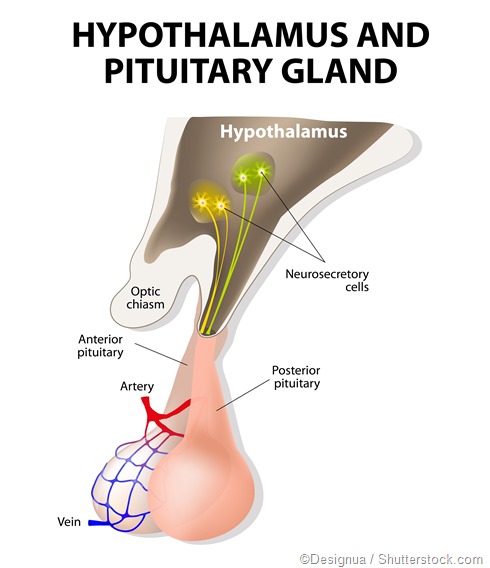For The Latest Medical News, Health News, Research News, COVID-19 News, Pharma News, Glaucoma News, Diabetes News, Herb News, Phytochemical News, Thailand Cannabis News, Cancer News, Doctor News, Thailand Hospital News, Oral Cancer News, Thailand Doctors
Phantom pregnancy or pseudocyesis is a rare condition nowadays, affecting only about 6 in 22 000 pregnant women in the US. However, its incidence may be higher in communities which put a higher priority on fertility in women.
Phantom pregnancy is different from a delusion of pregnancy. The latter occurs in mentally unstable women, as part of their psychotic symptoms. The fixed false belief that the woman is pregnant remains despite all reasoning and evidence to the latter. There are no physical changes similar to those that occur in a pregnant woman either.
It is supposed that the hypothalamus is involved in the neuroendocrine processes that give rise to this condition. This may lead to alterations in various hormones which regulate the working of the reproductive organs, and result in an ovulatory cycle, hypertrophy of the corpus luteum, as well increased responsiveness to the hormones. Basal levels of both prolactin and luteinizing hormone are normal or raised, while the pulsatile nature of their secretion becomes exaggerated.

Women who are at higher risk for a phantom pregnancy are those who have suffered intense distress or loss regarding pregnancy experiences. For example:
The root of phantom pregnancy is thought to be an interaction between the reproductive system and the mind, postulated to be mediated by hormonal aberrations. This is interlinked with three factors which may cause feelings of false pregnancy.
First one of them is intense craving for or fear of pregnancy, which may operate in the following situations:
Then there are vague sensations which may be interpreted as signs of pregnancy, such as nausea, abdominal swelling, or feelings of pelvic pressure. This initial misperception may lead to a phantom pregnancy via the release of nervous system chemicals and certain hormones such as prolactin or luteinizing hormone. Some situations which are liable to produce phantom pregnancy include:

There is also a big role of depression, which is a frequently associated phenomenon, but often neglected when considering this specific disorder. Other factors may also include: